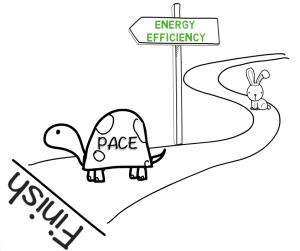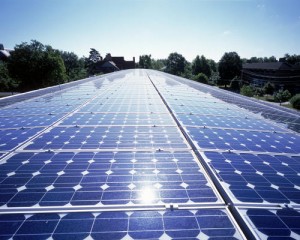Earlier this week, Lawrence Berkeley National Laboratory (LBNL) released a technical brief, “Energy Efficiency Program Financing: Where it comes from, where it goes, and how it gets there.” Financing specifically refers to capital that is used to cover project upfront costs but then paid back over time (unlike rebates or other incentives). This characteristic of financing programs also makes them ideal tools to amplify the impact of limited amounts of public funding for energy efficiency, by recycling the funds as they are repaid for further projects, and by using the public funds to attract greater amounts of private capital.
The research highlights several intriguing (but expected) takeaways and a few surprises, but bypasses one key insight.








